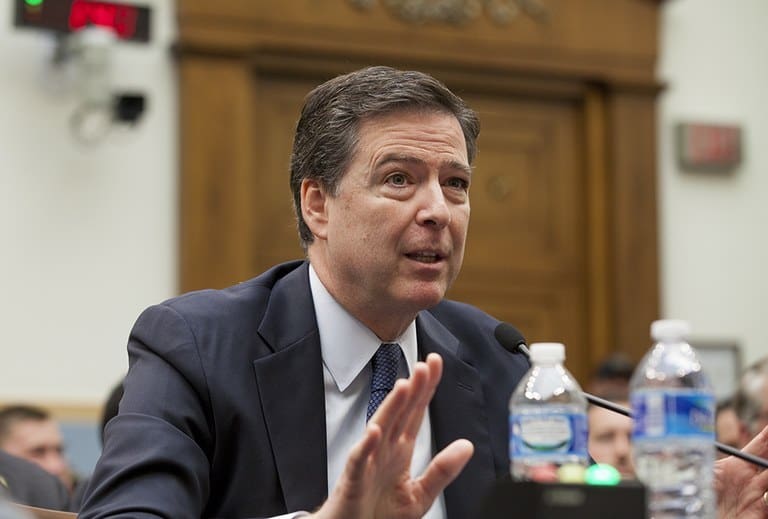James Comey is an controversial figure. His new book shows he’s strongly opposed to Donald Trump, but he may have also helped get Trump elected President. And the former FBI director is opposed to the encryption that protects the privacy of iPhone users.
Comey’ s book, A Higher Loyalty, says Apple’s decision to encrypt the contents of iOS devices by default “drove me crazy.”
Apple takes a strong stance on protecting the privacy of its users. This makes sense considering identity theft cost Americans $16 billion in 2016.
But law enforcement agencies see it differently. They think it’s imperative they be able to access the contents of every phone involved in a crime.
And James Comey firmly agrees. As he said in his book, “I found it appalling that the tech types couldn’t see this. I would frequently joke with the FBI “Going Dark” team assigned to seek solutions, ‘Of course the Silicon Valley types don’t see the darkness–they live where it’s sunny all the time and everybody is rich and smart.'”
Not everyone agrees
“Going Dark” is the FBI’s term for phones that can’t be unlocked, even with a court order. To the agency, it’s a major problem, and the obvious fix is for Apple to create a back door into the iPhone. When Comey was FBI Director, he took Apple to court to force just that.
Apple CEO Tim Cook adamantly refuses to do this, and on Friday a bipartisan group of U.S. Congresspeople sent a letter to the FBI admonishing the agency for its past attempts to force Apple to comply with its wishes.


